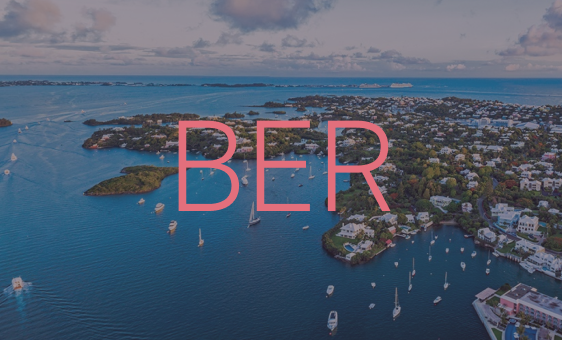Status for children born outside Bermuda
On 22 March 2021 the Minister of Labour, The Hon. Jason Hayward announced that the Department of Immigration no longer requires an Affidavit of Domicile for children applying for Bermuda status, a change that will be particularly helpful for children born outside Bermuda prior to 1 September 2020.
The concept of one’s domicile is critical to certain aspects of immigration in Bermuda. Generally, domicile is defined as the country that a person considers to be home, a place to which they will eventually intend to return regardless of the country they are temporarily or ordinarily resident at the time. Under the Bermuda Immigration and Protection Act 1956 (the “Act”), some of the routes to Bermuda status for children born outside Bermuda rest, in part, on whether one of their parents was domiciled in Bermuda when the child was born. Historically, the Department of Immigration would make an assessment via an Affidavit of Domicile. Commonly used during probate, in this immigration context the Affidavit served to confirm whether the parent’s true home was Bermuda.
Obtaining the affidavit could be costly and burdensome. The child’s parent would have had to swear in front of a Commissioner of Oaths, include intimate details of their life from birth to the date of the application and in some cases would need to locate and provide documentation going back several generations. In light of these practical challenges, it was decided to eliminate the need for an affidavit and instead require the parent to sign a declaration that they were domiciled in Bermuda. This will undoubtedly simplify the process of verifying Bermuda status in many cases.
Status for children born after 1 September 2020
The sections of the Act relating to acquisition of status by birth or adoption state that a child who is a Commonwealth citizen born (or adopted) outside of Bermuda to at least one parent who at the time of the child’s birth or adoption possessed Bermuda status and was domiciled in Bermuda, will acquire Bermuda status from birth (or adoption). Before recent changes to the law, therefore, a key component to obtaining Bermuda status via these sections was the parents’ domicile.
In circumstances where neither parent is domiciled in Bermuda, the recent introduction of Sections 18(3A) and 18AA(1A) will now assist. These sections provide that a child who is a Commonwealth citizen born or adopted after 1 September 2020 shall possess status from birth or adoption if one of their parents has status and one of either their parents or grandparents possesses Bermuda status that was not obtained via either of these new sections.
This makes status significantly easier to achieve for children born after 1 September 2020. Now, regardless of where they are born and where their parents are domiciled, a child of a parent with Bermudian status will themselves have status, as will their own children (but this entitlement only extends for two generations).
Children who do not have Commonwealth citizenship
A Commonwealth citizen, is defined by the Act as a person who has status of a Commonwealth citizen under the British Nationality Act 1981. This includes a person that is a citizen or qualified national of a Commonwealth of Nations member state, such as Australia, Canada or Jamaica.
The routes to full status discussed earlier in this article are available only if the child is a Commonwealth citizen. Section 16(2B) of the Act, however, states that if a child satisfies all the criteria for status by birth or adoption laid out in Sections 18 and 18AA, but is not a Commonwealth citizen, then the child will nonetheless be ‘deemed’ to possess Bermuda status.
As Minister Hayward clarified in a statement on 14 May 2021, children who are deemed to possess Bermuda status have the right to work and reside in Bermuda indefinitely. However, they do not have the same rights as a person with full status. In particular, they do not have the right to vote in a General Election, do not count as ‘Bermudian’ for the purposes of the ‘60:40 rule’ for ownership and control of a local company and may not own property without a land license.
On 1 September 2020, a new Section 16(2C) was introduced into the Act, which offers an alternate route to full status for a child who is not a Commonwealth citizen and is only deemed to possess Bermuda Status. This section provides that if and when such a person becomes a Commonwealth citizen (which could be either by naturalisation or registration as a British Overseas Territory’s Citizen) they will then enjoy full Bermuda status. Immigration will confirm the child’s status upon reviewing a General Enquiry application.
Conclusion
While the routes to status under the Act are still highly complex, the latest legislative changes should provide some clarifications for mixed-status families.
Anyone with any questions about the issues discussed in this article can contact a member of our Immigration team: Bradley Houlston ([email protected]) or Rachel York ([email protected]).




















